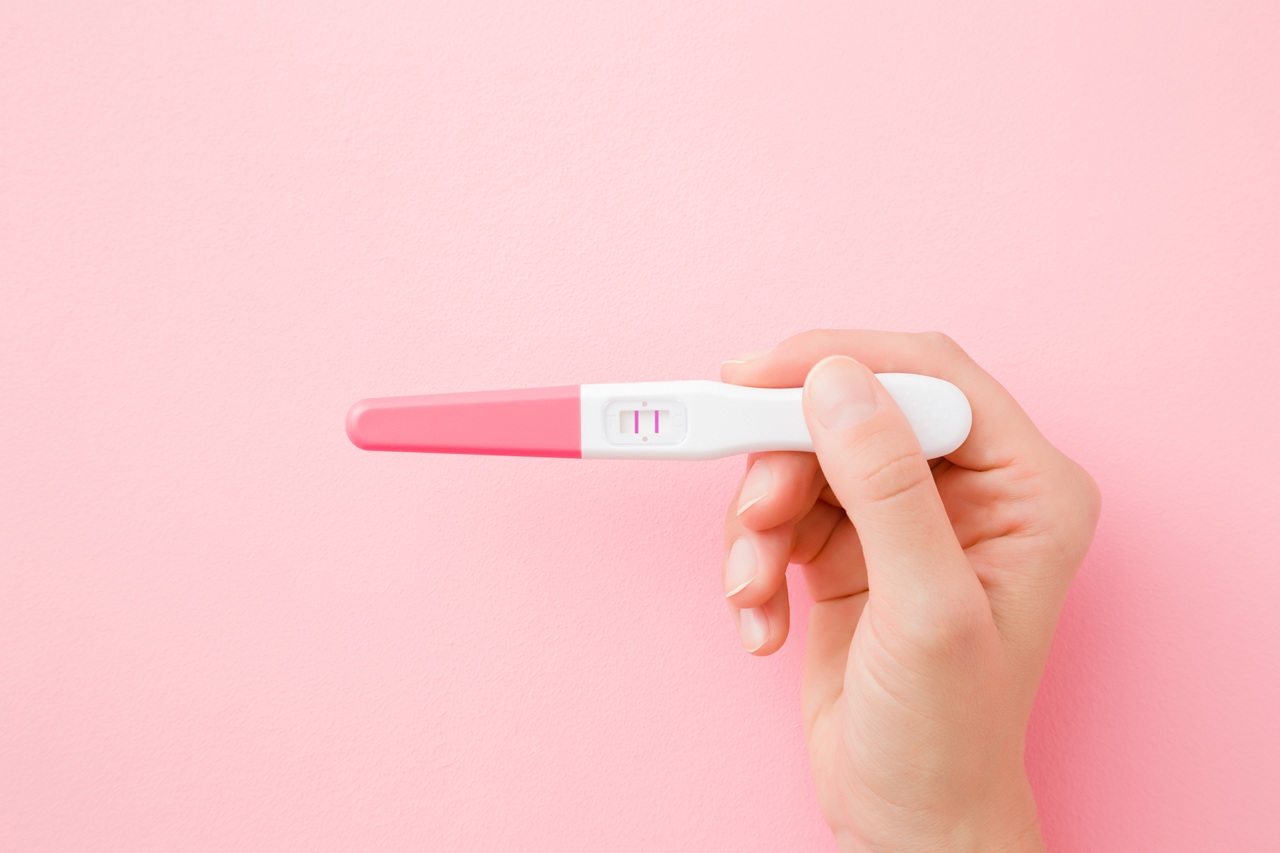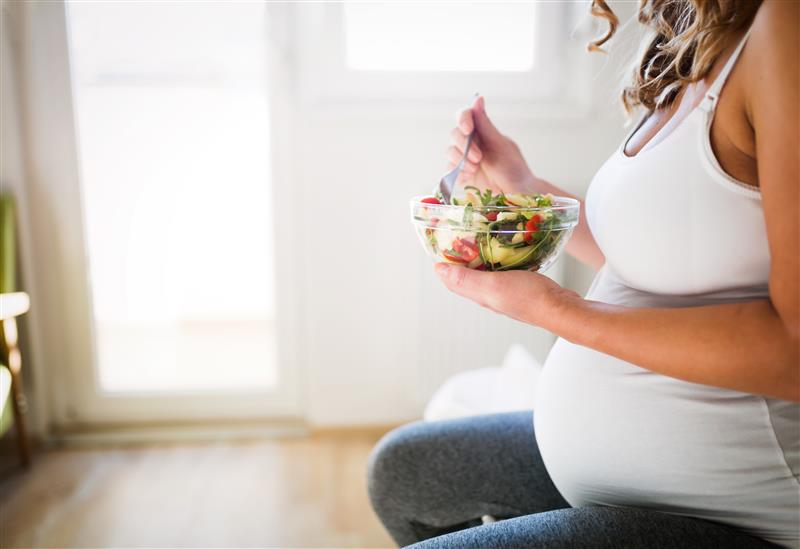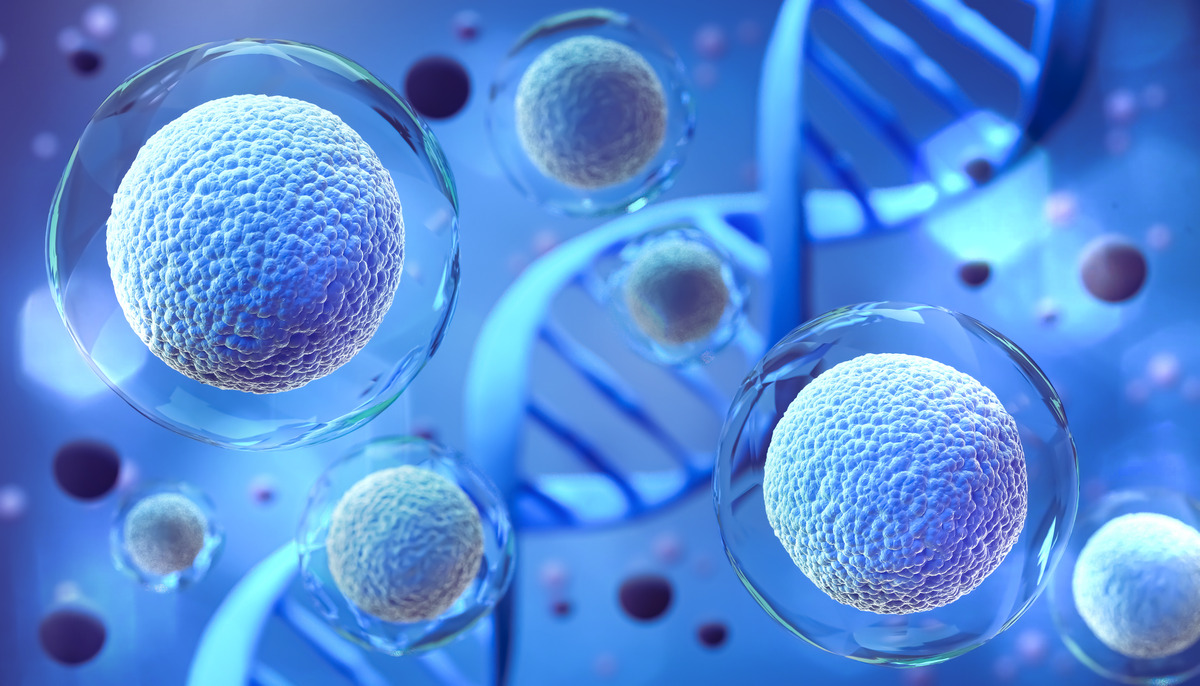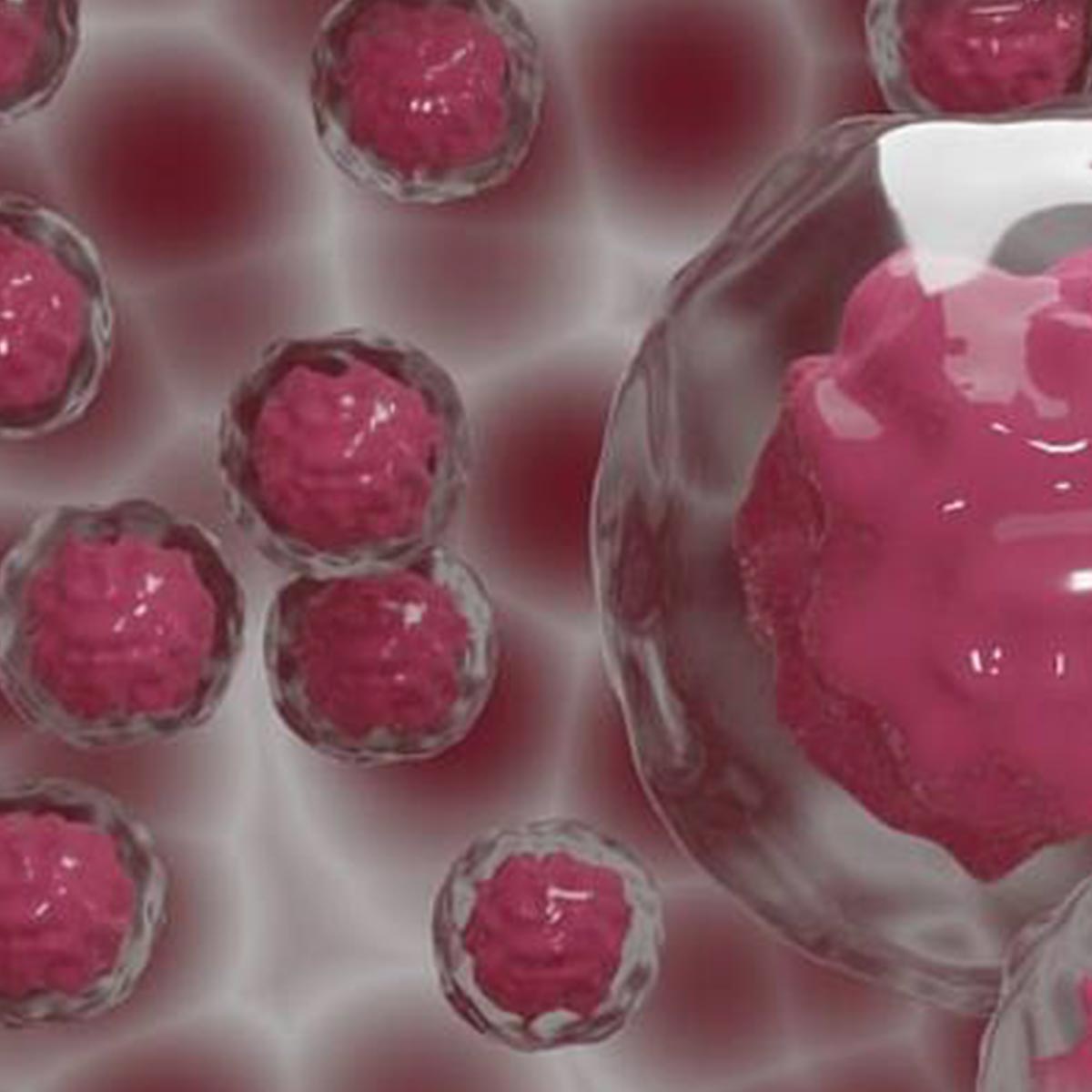The Importance of Vitamin C During Pregnancy

During pregnancy, it's critical to maintain a balanced diet and ensure you get enough nutrients. Vitamin C in pregnancy is one of the most essential nutrients for supporting the health of the mother and the unborn child. Vitamin C, an essential antioxidant that boosts immunity, facilitates iron absorption, and supports the growth and development of the unborn child, is frequently present in citrus fruits and vegetables. Let’s look at how important vitamin C is during pregnancy and the benefits it offers.
Why is Vitamin C Important During Pregnancy?
Ascorbic acid, another name for vitamin C, is necessary for many body processes, particularly during pregnancy. The body cannot store this water-soluble vitamin; thus, regular consumption is required. Pregnancy-related vitamin C intake can benefit -
- Strengthen the immune system to lower the chance of illness.
- Encourage the synthesis of collagen, a protein essential for the development of the baby's skin, bones, and cartilage.
- Reduce the incidence of anaemia, which is frequent during pregnancy, by improving iron absorption.
- Encourage the mother's wounds to heal and her tissue to recover.
- Boost placental health to give the baby the best possible supply of nutrients and oxygen.
Vitamin C helps keep cells healthy and protects them. It also supports the baby's growth and improves iron absorption. Here are some of the healthy foods rich in vitamin C.
Healthy Fruits in Pregnancy Rich in Vitamin C
Vitamin C is best found in fruits and vegetables. Among the best choices are -
- Oranges are a good source; they provide about 70 mg of calcium per medium fruit.
- Kiwi is a great option because it contains about 91 mg per fruit.
- Strawberries are a great, delicious, and healthy snack, with about 85 mg per cup.
- Tomatoes- With about 16 mg per medium-sized fruit, tomatoes are a good source.
- Bell peppers- Red peppers, in particular, contain almost 95 mg of vitamin C per half-cup.
Age-specific recommendations for vitamin C intake vary -
- Women under the age of 18 who are pregnant should take 80 mg daily.
- Women who are 19 years of age or older should strive for 85 mg per day.
- For the sake of their infants' health, nursing moms need 120 mg daily.
Despite being necessary, taking too much vitamin C during pregnancy (more than 2000 mg per day) can cause digestive problems like nausea and diarrhoea.
Vitamin C and the Banking of Cord Blood
Because cord blood banking protects stem cells that may be utilized in future medical procedures, it is becoming more and more common. A healthy placenta and umbilical cord are supported by adequate vitamin C consumption during pregnancy, and this has a direct effect on the quality of cord blood obtained.
Final Thoughts
A strong immune system, improved iron absorption, and general fetal development are all facilitated by vitamin C, which is an essential vitamin during pregnancy. A healthy pregnancy is ensured by including fruits and vegetables high in vitamin C in your regular diet. To find the proper intake and prevent overconsumption, always seek medical advice. Prioritizing a balanced diet, which includes vitamin C, creates a foundation for the baby's healthy development as well as the mother's overall well-being. For stem cell banking, Cryoviva is the best platform to approach. Visit us today to learn more about the benefits of stem cell preservation.









 Enquiry
Enquiry
 Email
Email Phone
Phone
 Whatsapp
Whatsapp